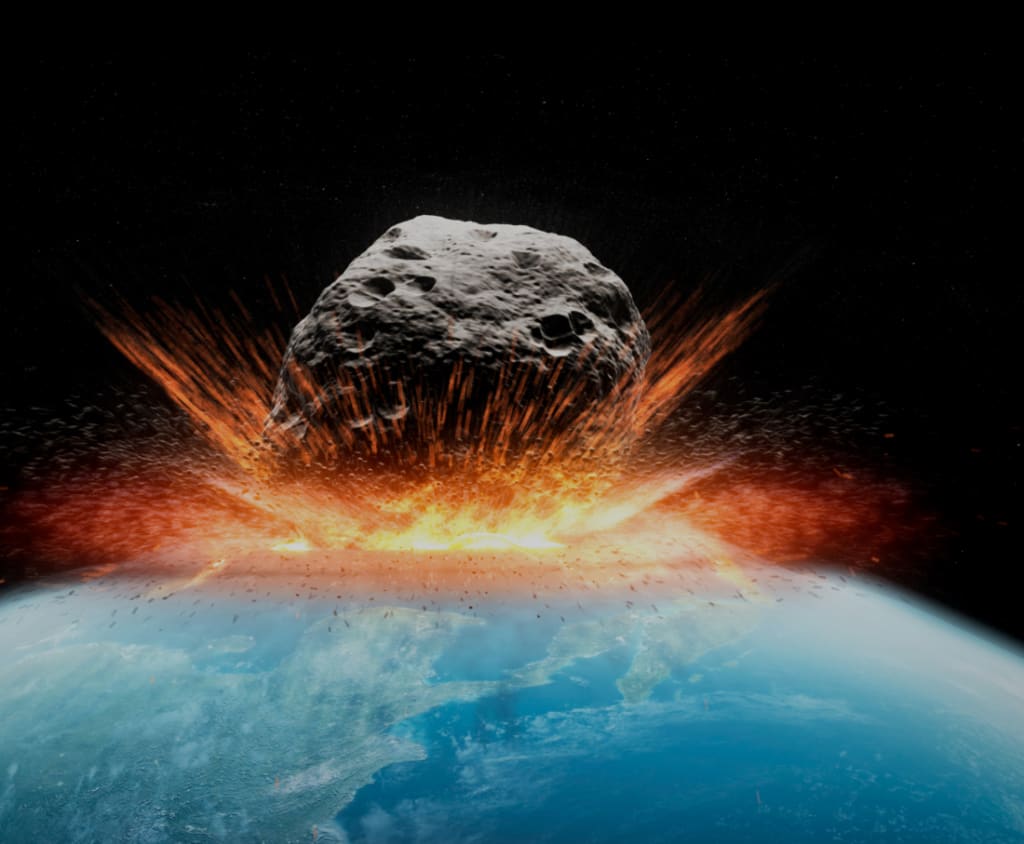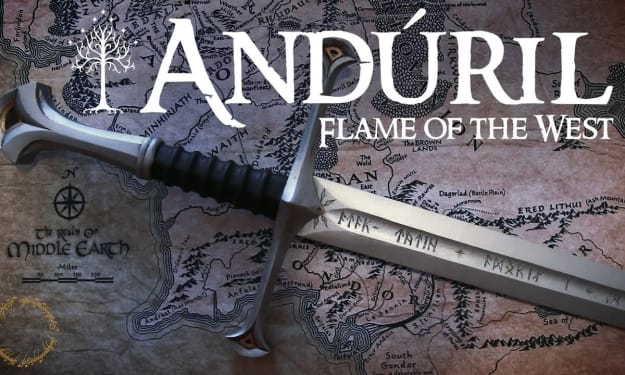Could We Survive The Astroid That Wipe Out The Dinosaurs?
Surviving the Dinosaur Killer: Humanity's Fight for Survival

Imagine a world 66 million years ago, in the late Cretaceous Period, a time when Earth was teeming with dinosaurs. Massive creatures like the T-Rex and the Alamosaurus roamed the landscape, casting shadows over ancient landscapes in what is now modern-day Texas. These were the apex predators of their time, ruling over a world rich in biodiversity, where each species played a crucial role in the delicate balance of nature.
Yet, amidst this prehistoric splendor, a cataclysmic event was brewing in the cosmos, unbeknownst to any living creature on Earth. High above the atmosphere, a celestial wanderer, the Chicxulub asteroid, silently traversed the vast expanse of space. Initially just another speck of light among countless stars, it gradually grew brighter night after night until it rivaled the moon itself in luminance.
This asteroid, hurtling towards Earth at an unimaginable speed of 12.5 kilometers per second, was on a collision course with destiny. In a matter of seconds, it pierced through the Earth's atmosphere with such force that it created a superheated shockwave, vaporizing the surrounding sea upon impact near what is now Mexico's Yucatan Peninsula. The sheer energy released was akin to millions of nuclear bombs detonating simultaneously, reshaping the planet in an instant.
The force of the impact was devastating beyond comprehension. It gouged out a crater so vast and deep that it reached the Earth's inner layers, ejecting debris and molten rock high into the atmosphere. The immediate aftermath was apocalyptic: earthquakes reverberated across continents, wildfires raged uncontrollably, and tsunamis of unimaginable height swept across oceans, inundating coastlines thousands of kilometers away.
For the inhabitants of that ancient world, particularly the dinosaurs and other large creatures, survival was an impossibility. The impact triggered a chain reaction of events that led to the extinction of 75% of all species on Earth, including the mighty dinosaurs. In their place, smaller, more adaptable creatures like mammals and birds emerged victorious, seizing the opportunity to thrive in the aftermath of such global devastation.
But what if, against all odds, a human were to find themselves transported back to that fateful moment? How could they hope to survive the wrath of the Chicxulub asteroid and its catastrophic aftermath?
Firstly, timing and location would be crucial. Being on the opposite side of the planet from the impact zone might offer a slim chance of survival. Immediately upon hearing the deafening boom that signaled the asteroid's impact, seeking shelter underground would be paramount. A deep cave, ideally with a narrow entrance to shield against falling debris, would provide protection from the searing heat and deadly shockwaves that swept across the surface.
Inside such a refuge, the temperature would stabilize, shielding survivors from the extreme fluctuations above ground. Some caves even harbor natural water sources, crucial for sustenance amidst the chaos unfolding outside. However, food would quickly become scarce as the devastation wiped out vegetation and disrupted entire ecosystems.
As days turned into weeks and then months, a new threat emerged from the very aftermath of the impact. The asteroid's collision released massive amounts of sulfur and ash into the atmosphere, triggering a global winter. Sunlight was blocked, temperatures plummeted, and the world was plunged into a perpetual twilight that lasted for years. Survival in this new, bleak world required ingenuity and resilience.
In such a scenario, tropical islands like those in modern-day Indonesia would offer a glimmer of hope. Their equatorial location would mitigate some of the worst effects of the global winter, providing relatively stable temperatures and occasional rainfall. Rivers and estuaries on these islands would still harbor life—perhaps turtles, fish, and crustaceans—that managed to survive the initial cataclysm.
However, even in these relatively hospitable locales, conditions would be harsh. Food chains would be disrupted, and resources would be scarce. Adaptation would be key—learning to subsist on meager diets of insects, small animals, and whatever plant life managed to survive the cold and darkness.
For a stranded time traveler, the journey to survival would be fraught with challenges unimaginable in the modern world. It would require not only physical endurance but also mental fortitude to endure the desolation and uncertainty of a planet ravaged by cosmic catastrophe. Every decision—from finding shelter to scavenging for food—would be a battle against the odds, where every resource and opportunity seized could mean the difference between life and death.
In conclusion, while the Chicxulub asteroid's impact 66 million years ago spelled doom for the dinosaurs, it also paved the way for the rise of mammals and ultimately humans. Surviving such an event would demand resourcefulness, adaptability, and an unwavering determination to endure against all odds. It serves as a stark reminder of the fragility of life on Earth and the resilience of those species fortunate enough to weather the storm of extinction and emerge on the other side, forever changed by the crucible of cosmic catastrophe.
About the Creator
Enjoyed the story? Support the Creator.
Subscribe for free to receive all their stories in your feed. You could also pledge your support or give them a one-off tip, letting them know you appreciate their work.





Comments
There are no comments for this story
Be the first to respond and start the conversation.